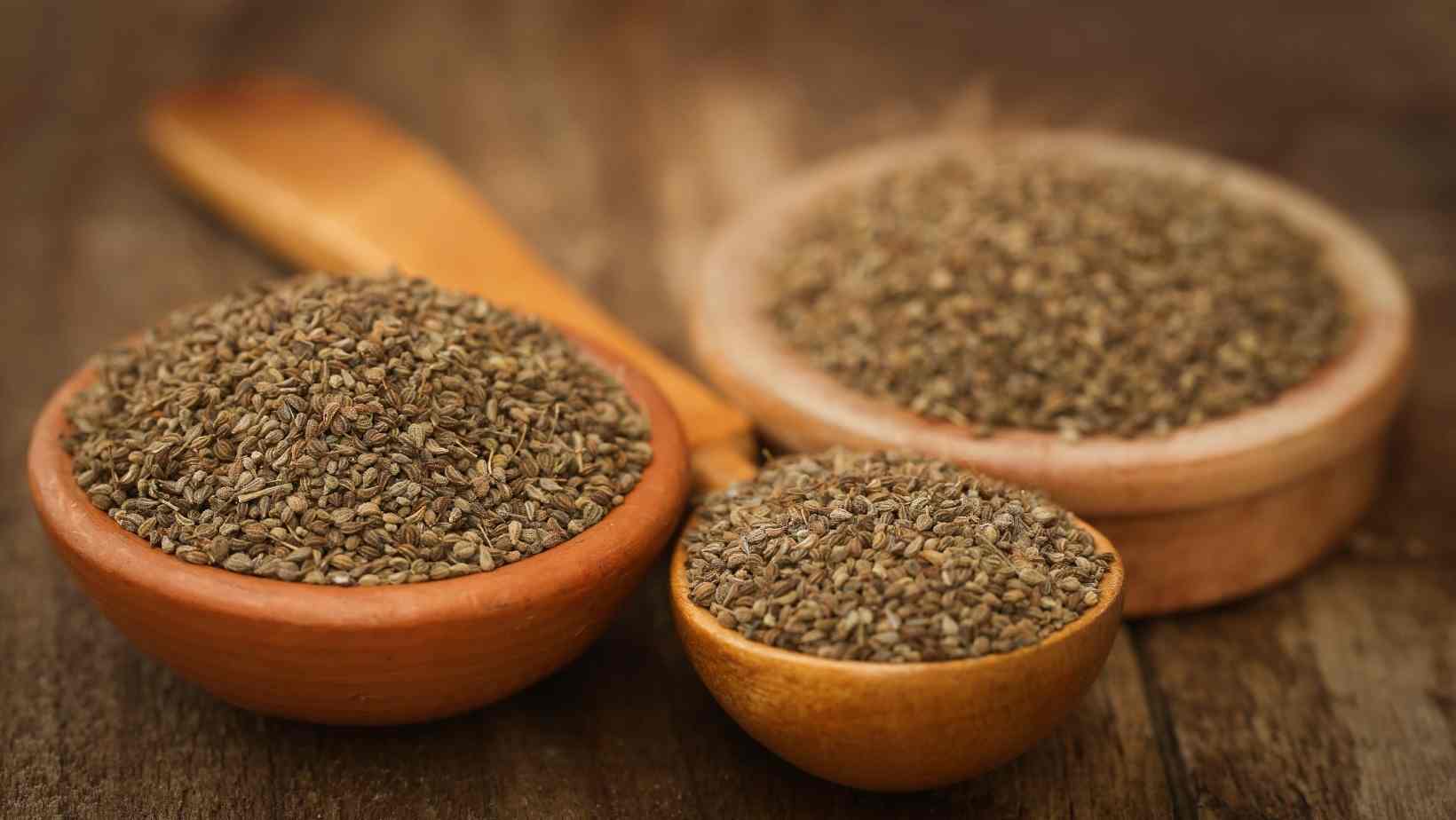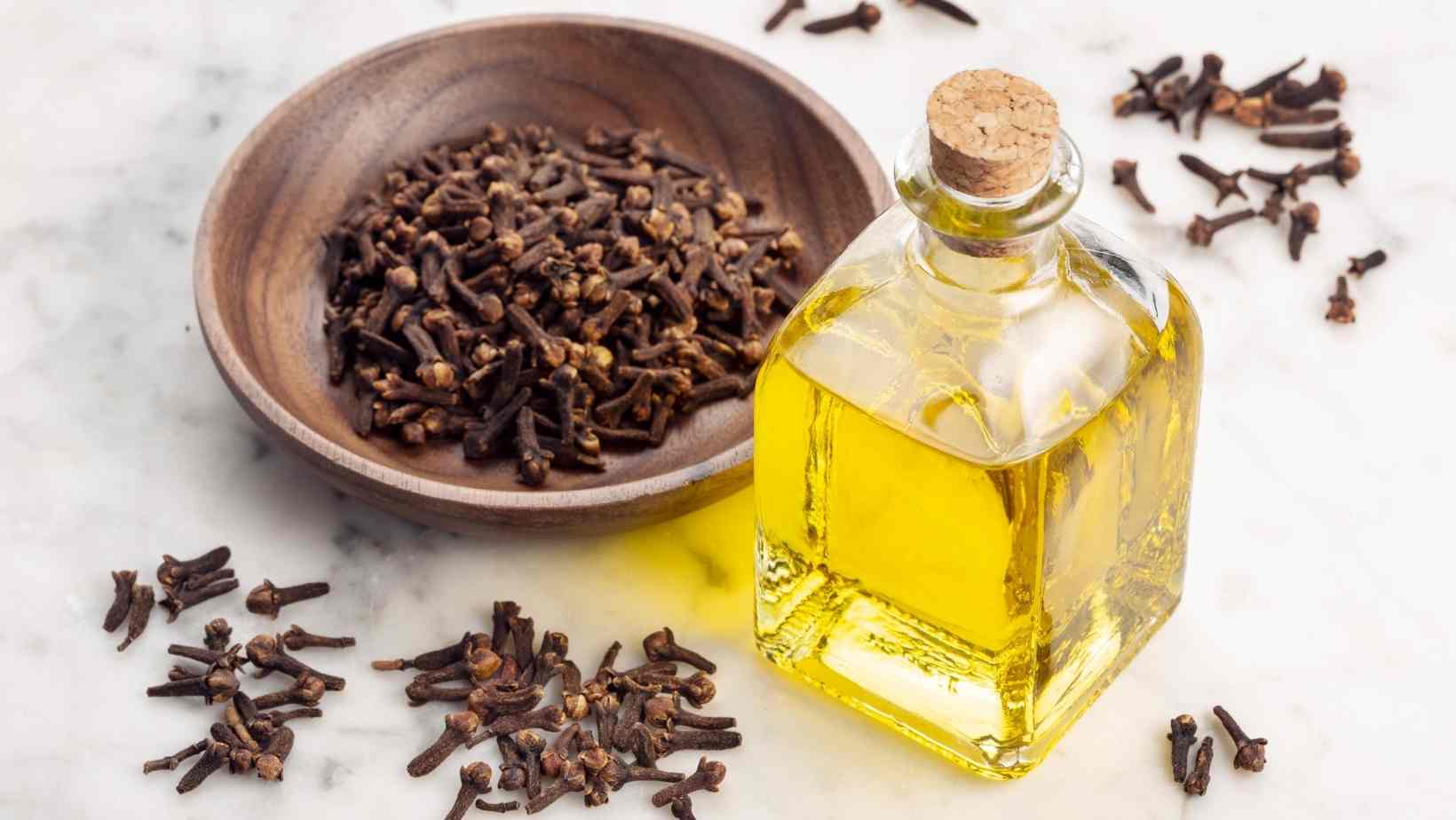All across the globe, spices have a tremendous impact on the way we prepare and enjoy our meals. Every spice has its own distinct flavor and essence, and the presence or exclusion of a particular spice may essentially make or break a meal in terms of taste and texture. There are a variety of spices that we use in our everyday cooking, including well-known ingredients such as cumin, black pepper, turmeric, and coriander seeds. Indian spice merchants traveled to India from all over the globe during ancient times in pursuit of rare and unusual spices. Many of these merchants returned home with their profits, and some even settled down and brought in some of their own spices from their own gardens. So important are spices in Indian culture that they have their own language. There are several health advantages associated with spices; in fact, it is the addition of a fragrant bouquet of spices that helps traditional home-cooked cuisine become one of the healthiest meals consumed all over the globe. Spices are high in nutritional content and give a number of significant health advantages, among other things.

Here is a list of ten different spices that you should start including in your meals in order to maintain a healthy lifestyle:
Jump to:
1. Anise:
Star anise is often used in Asian cuisines such as Chinese, Indian, Malaysian, and Indonesian, where it adds flavor and aroma to dishes. Star anise is a strong source of two key antioxidants, linalool, an essential oil, and vitamin C, both of which protect the body from cellular damage caused by environmental pollutants. Linalool, an essential oil, and vitamin C are both found in high concentrations in star anise.
2. Allspice:
It is a kind of fruit that mixes the tastes of pepper, nutmeg, and cinnamon to create a flavorful dosage that is both potent and delicious. Improves digestion, has anti-inflammatory qualities, improves circulation, supports dental health, boosts immunity, and promotes heart health are all benefits of this herb.
3. Ajwain:
Ajwain is sometimes referred to as carom seeds in certain circles. Carom seeds are often eaten for their therapeutic properties. Despite the fact that they have a little bitter taste, ajwain or carom seeds provide a plethora of health advantages. Ajwain aids in digestion relieves stomach discomfort and may be used to treat tooth pain. The calcium, proteins, and fibre found in these seeds are also high in content.

4. Black Pepper:
When a pinch of black pepper is added to a dish, the taste is multiplied by a factor of 10. Black pepper, popularly known as the "King of Spices," aids in weight reduction, relieves cold and cough symptoms, improves digestion, increases metabolism, and is effective in treating a variety of skin conditions. In fact, a sprinkle of black pepper added to a glass of haldi doodh makes it far more medicinal.
5. Black Cumin:
The black cumin seed oil has been shown to be effective in the prevention of asthma, allergies, and other respiratory problems. It contains antioxidants, helpful acids, and b-vitamins, all of which help to maintain the balance of the immune system. Black cumin seeds are rich in antioxidants, helpful acids, and B vitamins, all of which help to maintain a healthy immune system. Furthermore, when it comes to treating autoimmune problems, they have been proven to be superior to practically every other natural therapy.
6. Cumin:
Although this seed has a harsh flavor, it is an important ingredient in Middle Eastern cuisine. In addition to assisting digestion and improving immunity, it may also be used to treat skin problems, insomnia, respiratory illnesses such as asthma and bronchitis, as well as anemia. A mild stew spiced with cumin and served with a glass of zeera water has been used in Indian households for ages as a foolproof treatment for stomach ailments.
7. Clove:
Cloves are antibacterial, antifungal, and antiseptic, and they are often used in cooking. They include a high concentration of antioxidants and are a good source of minerals, omega-3 fatty acids, fiber, and vitamins and minerals, among other nutrients. Clove oil is one of the most abundant sources of antioxidants available. The essential oil is used as an antibacterial and pain reliever in aromatherapy and is particularly effective for toothaches and stomach problems. It is often used with other oils to treat a variety of ailments. In order to feel peaceful and comfortable, folks who have difficulties sleeping should apply some warm clove oil mixed with sesame oil on the forehead to help them go asleep.

8. Coriander:
It is also referred to as cilantro or dhaniya in certain circles. Coriander is a powerful herb that provides several health advantages. The addition of coriander seeds to your daily diet may be quite advantageous, since they are not only nutritious when ingested fresh, but are also incredibly flavorful. Coriander seeds include antioxidant characteristics as well as dietary fiber, which aid in the regular functioning of the liver and the facilitation of bowel movements. They contribute to the production of digestive chemicals and fluids, which aid in the process of digestion and absorption. If you are suffering from indigestion, you might consider including coriander seeds in your diet. You will definitely notice a significant change.
9. Chili Pepper:
Chili peppers are beneficial to your health and give a variety of health advantages in addition to adding a fiery kick to your cuisine. When included in your diet, they can serve as a healthy source of vitamin C while also assisting with weight reduction, lowering blood pressure, and clearing congestion.
10. Celery Seeds:
Originally from the Mediterranean area, celery seeds are also used as tea in certain cultures. It may be used to treat menstruation difficulties, reduce anxiety, treat joint problems, decrease the level of uric acid and inflammation in the body, and reduce inflammation in the body. Celery has been used to lower high blood pressure for thousands of years by medical professionals! According to research, eating as little as four celery stalks each day may help to lower high blood pressure levels.




